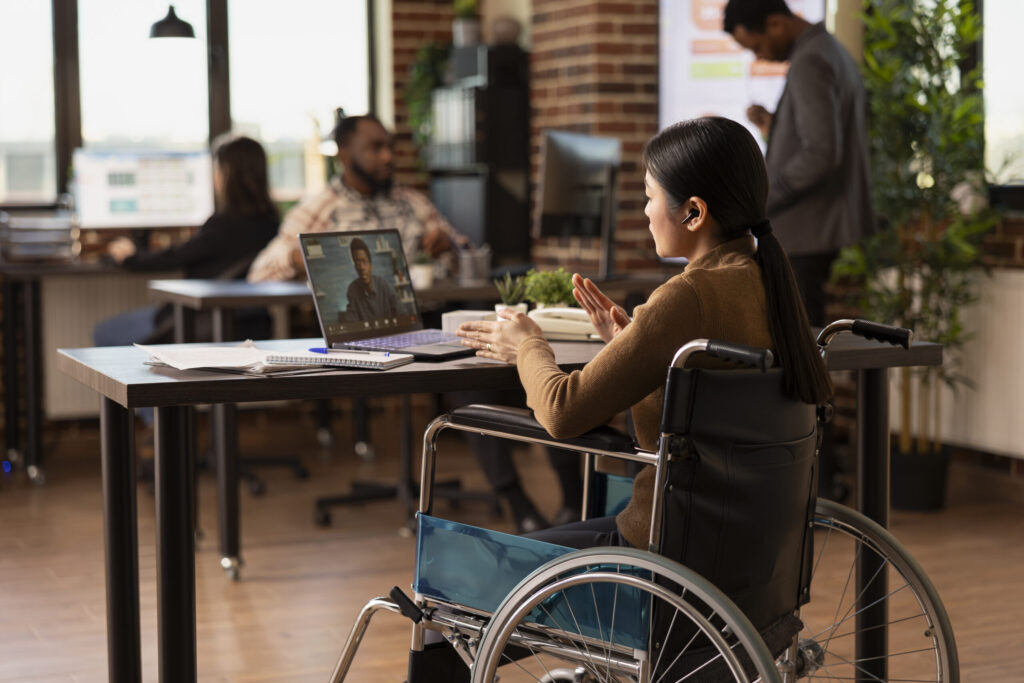The journey back to work after illness or injury is rarely straightforward. Each individual faces unique challenges influenced by their physical condition, mental health, workplace environment, and personal circumstances. Customised return-to-work (RTW) plans are essential to address these varied needs, ensuring effective rehabilitation, greater job satisfaction, and long-term success.

Understanding the Need for Customisation
No two recovery journeys are identical. A one-size-fits-all approach to RTW planning risks overlooking critical factors such as the severity of an injury, the presence of chronic conditions, or the mental health impact of an absence. Customised RTW plans start with a holistic assessment of the employee’s physical and psychological health, their role requirements, and the workplace context. This tailored focus fosters a smoother transition back to work and reduces the risk of setbacks.
Key Elements of a Customised RTW Plan
- Collaborative Goal Setting
Effective RTW plans are built through collaboration. Employers, rehabilitation specialists, and the employee work together to establish realistic and meaningful goals. Including the employee in the planning process ensures that their concerns and aspirations are addressed, promoting engagement and ownership of the plan. - Physical and Psychological Support
Addressing both physical and mental health needs is critical. This might involve gradual workload increases, ergonomic adjustments, or mental health support such as counselling or stress management programs. These considerations help employees rebuild confidence and capability at their own pace. - Flexible Work Arrangements
Flexibility is a cornerstone of successful RTW plans. Options such as part-time hours, remote work, or modified duties allow employees to ease back into their roles without compromising their recovery. As their health improves, these arrangements can be gradually adjusted to meet full-time requirements. - Ongoing Monitoring and Adaptation
Regular check-ins and feedback loops are vital to ensure the RTW plan remains effective. Circumstances can change during recovery, and the ability to adapt the plan based on the employee’s progress and challenges ensures its continued relevance and success.
Benefits of Tailored RTW Plans
- Enhanced Rehabilitation Outcomes
Individualised plans improve recovery outcomes by aligning work expectations with the employee’s current abilities. This reduces the likelihood of overexertion, re-injury, or mental health setbacks. - Greater Job Satisfaction
Employees who feel supported by a plan that respects their unique needs are more likely to feel valued and satisfied in their role. This can lead to increased loyalty and engagement. - Reduced Absenteeism and Turnover
Customised RTW plans can prevent prolonged absences and reduce turnover rates by ensuring employees feel prepared and supported as they reintegrate into the workplace. - Improved Workplace Morale
A supportive approach to RTW planning reflects a commitment to employee well-being, fostering a culture of care and respect that resonates throughout the organisation.
A Holistic Approach for Long-Term Success
Customised RTW plans do more than facilitate an employee’s return to work—they lay the foundation for sustainable success. By addressing physical and psychological needs, fostering collaboration, and embracing flexibility, employers can ensure that employees not only return but thrive in their roles. This approach benefits not just the individual but the entire organisation, creating a healthier, more resilient workforce.
Incorporating customised RTW strategies into workplace rehabilitation practices underscores the importance of empathy and adaptability in achieving lasting outcomes for employees and businesses alike.



